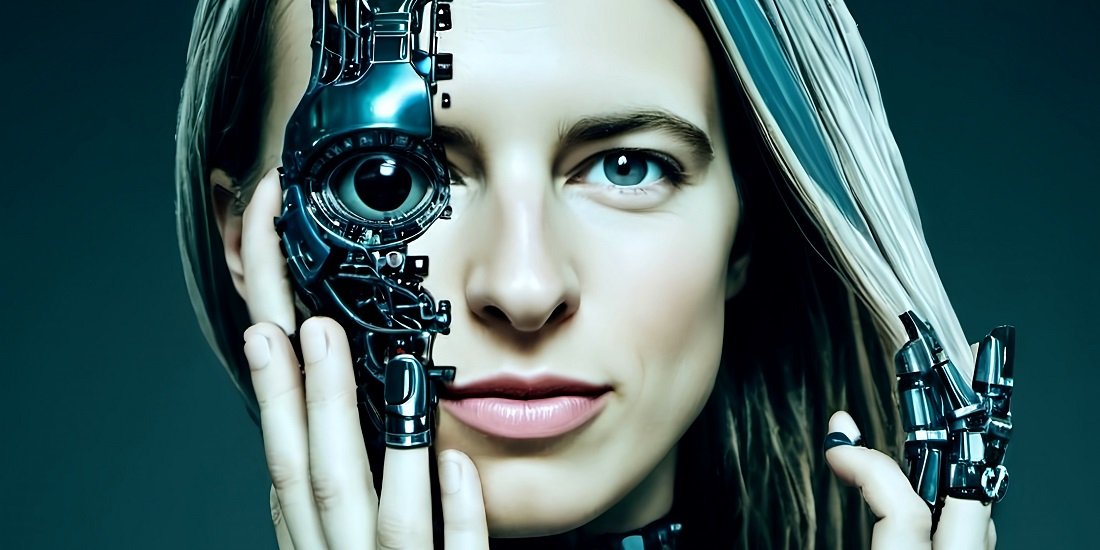May 29, 2025 | San Francisco, CA – In a statement that has sent ripples across the tech and economic sectors, Dario Amodei, CEO of leading AI firm Anthropic, has delivered a sobering forecast about the future of employment. According to Amodei, the rapid evolution of artificial intelligence—particularly large language models (LLMs)—could displace up to 50% of entry-level white-collar jobs, potentially driving unemployment to 20% within the next five years.
This stark prediction represents a significant shift in the narrative surrounding AI and labor. While early conversations emphasized the ability of AI to augment human capabilities, Amodei’s outlook points to a reality where substitution may be the norm, not the exception.
“AI is not just an assistant anymore,” said Amodei during a recent panel. “It’s becoming a direct replacement for a wide array of tasks once done exclusively by people—especially in roles that are repetitive, logic-based, and digital in nature.”
As companies race to integrate AI into their workflows, this warning comes as both a call for strategic foresight and a challenge to policymakers, employers, and educational institutions alike.
Entry-Level Jobs at the Epicenter of Disruption
The jobs most at risk, according to Amodei, are those typically considered entry-level white-collar roles—such as data entry, basic accounting, customer service, content moderation, and administrative support. These positions are often the starting point for young professionals and recent graduates, meaning the barrier to upward mobility in the workforce could rise dramatically.
Startups and established enterprises alike are already leveraging AI technologies to streamline these tasks. One such company, Retool, is openly exploring the potential for LLMs to replace human workers as a strategy to maintain operational efficiency amid ongoing economic volatility.
“We’re seeing a shift from augmentation to automation,” said a spokesperson from Retool. “LLMs are proving capable of handling tasks that once required full-time staff, and in many cases, they do so faster and more accurately.”
The move to replace rather than complement human labor with AI tools reflects a broader trend that could reshape the very structure of the modern workforce.
Not All Companies Are Celebrating the Change

While businesses may enjoy increased productivity and reduced costs, consumer-facing companies are learning that aggressive AI integration can have unintended consequences. Duolingo, a popular language-learning app, faced a backlash from users after replacing significant portions of its support and moderation team with AI systems.
Users complained of impersonal responses, decreased engagement, and a noticeable drop in quality. The incident has sparked a growing concern about the loss of human touch in digital experiences—a factor that could influence how brands approach AI deployment going forward.
“Our customers value connection and authenticity,” noted a Duolingo community manager in a recent forum. “We’re reassessing how we use AI to ensure we don’t lose the essence of what makes our platform successful.”
This pushback signals that while AI can drive efficiency, it must be implemented thoughtfully to maintain trust and user satisfaction.
A Challenge for Policymakers and Educators
Amodei’s projection of a potential 20% unemployment rate has reignited debate among policymakers and economists. If realized, such a shift could mirror the structural upheaval seen during previous industrial revolutions, requiring a rethinking of labor laws, safety nets, and educational frameworks.
Experts argue that current education systems are ill-equipped to prepare students for an AI-dominated economy. Rapid reskilling and curriculum overhauls may be necessary to ensure workers are equipped with the competencies—like creativity, critical thinking, and emotional intelligence—that remain difficult for AI to replicate.
Some governments are already experimenting with universal basic income (UBI) pilots and job transition grants. However, many believe these efforts are only the beginning of what’s required to address AI-induced economic transformation.
AI’s Acceleration Has Outpaced Public Awareness
One of the core concerns is that the advancement of AI has far outpaced both public understanding and institutional readiness. For most of the public, AI still conjures images of futuristic robots or smart assistants—not unseen systems quietly handling complex workflows once carried out by human teams.
Amodei’s warning calls for a collective recognition of how deeply integrated these technologies have already become—and how that integration could intensify in the very near future.
“The tipping point is not ten years away. It’s now,” he stated. “We must start preparing not just for technological advancement, but for its societal consequences.”
The Role of Tech Companies in Shaping the Future
Anthropic, alongside competitors like OpenAI and Google DeepMind, finds itself at the forefront of this transformation. With power comes responsibility. Leaders across the AI ecosystem are being urged to act not only in their shareholders’ interests but also with an eye toward long-term societal well-being.
Several organizations, including Anthropic, have expressed support for regulation and ethical guidelines, including transparency in AI usage and fairness in labor practices. However, critics argue that self-regulation may not be sufficient.
Calls for international collaboration and regulatory oversight continue to grow. Without it, experts warn that the pace of AI deployment could outstrip the ability of societies to absorb the economic shock.
Where Do We Go From Here?
The message from Dario Amodei and others in the field is clear: the AI revolution is not coming—it’s already here. And unlike previous waves of automation, this one touches the cognitive rather than the physical, putting previously “safe” white-collar jobs in jeopardy.
But disruption does not have to equal disaster. With the right planning, upskilling efforts, and ethical frameworks, there is still time to shape an inclusive, AI-powered economy that benefits more than it displaces.
For those seeking deeper insights into the evolving impact of AI on the global labor market, emerging technologies, and how businesses are adapting, visit www.techthrilled.com—a hub for the latest in artificial intelligence, autonomous systems, and digital innovation.
About TechThrilled:
TechThrilled is your destination for cutting-edge technology news and insights, covering artificial intelligence, gaming, autonomous vehicles, and beyond. Stay ahead of tomorrow with expert reporting and in-depth analysis from the front lines of innovation.
